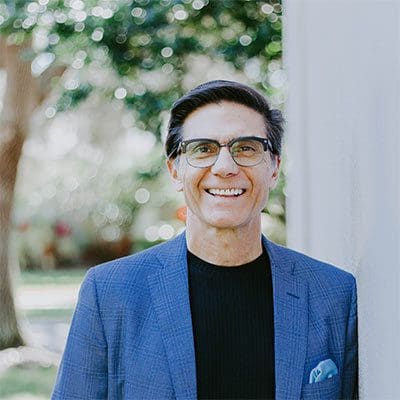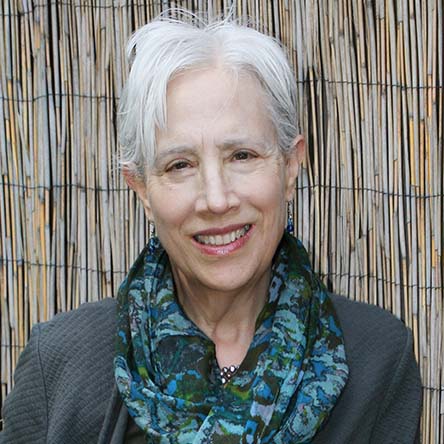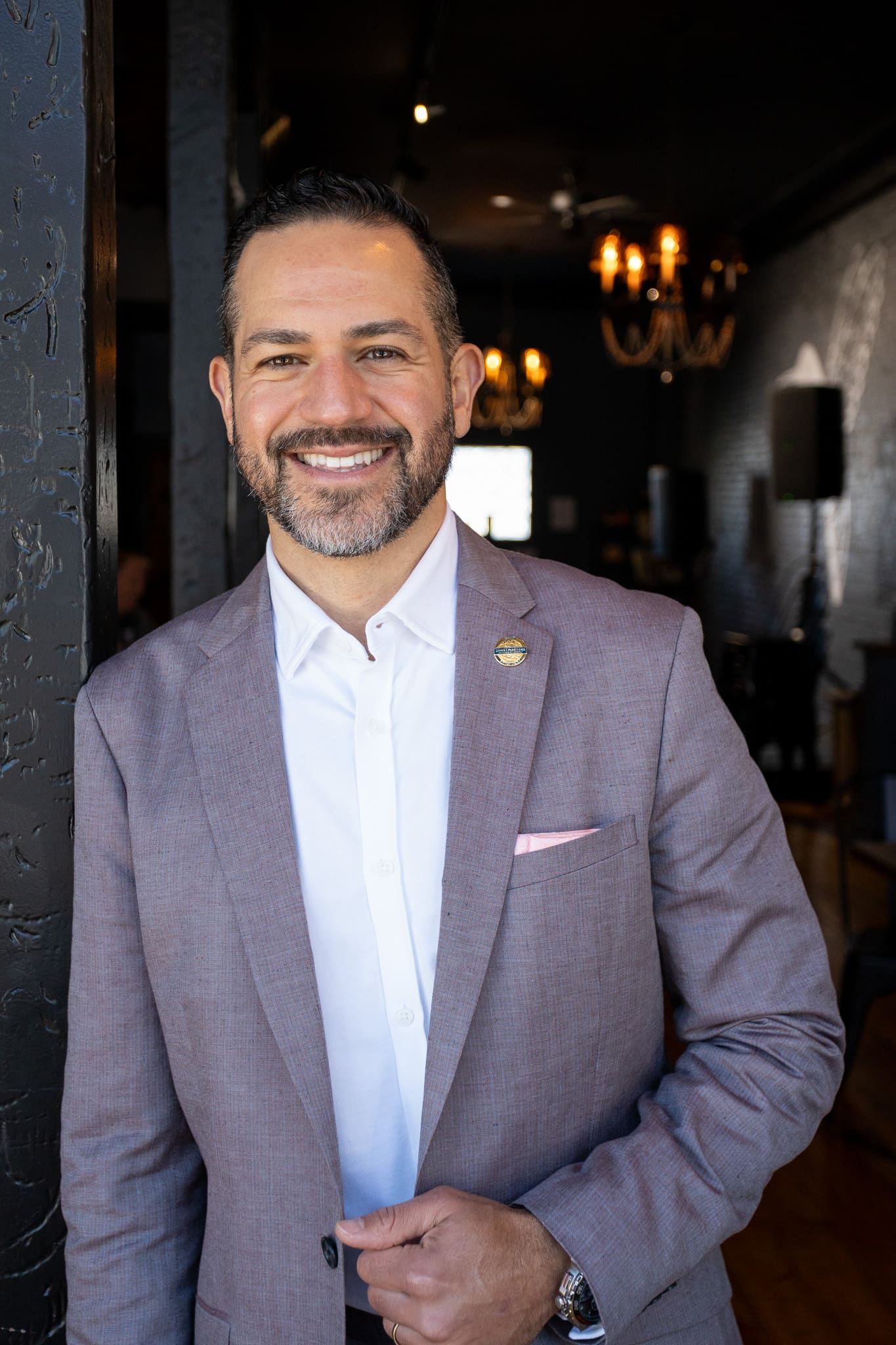The Future of Health: How Technology Will Help Us Stay Young and Healthy
This post is inspired by my conversation with Ines O’Donovan on episode 78, How Technology Will Shape a Day In Your Life in 2050.
Ines discussed what our life could look like in 2050. In this future world, our day starts with a smart bed that optimized our Sleep based on our biomarkers, ensuring we wake up refreshed.
In the bathroom, the smart toilet analyzes our nutrient levels, while a smart mat at the sink analyzes our posture. The smart mirror analyzes our Stress level, checks our calendar, and sends information to the kitchen for a perfectly customized smoothie.
If we need medicine, we can print it out at home. Our morning workout can take place in the metaverse, with exercises customized to our biomarkers.
Most of us will be able to halt Aging, making us biologically younger! Smart glasses or contact lenses with a keyboard hologram will allow us to work while walking on a treadmill desk or spending time in the metaverse.
The traditional corporate job is less likely, as large corporations will downsize, and they will “rent brains” online based on the skills they need, project by project.
We’ll see people’s emotions through the use of color. Verbal communication will be aided by brain optimization devices so that we can communicate more effectively. We will be able to selectively share our thoughts, so our work colleagues can see our ideas, even if we don’t verbalize them.
In this future world, we may have several emotional biomarkers. And we might have a device implanted in our brain to download information that could make the current Education system obsolete. Wow!
Ine’s closing thought is to stay in touch with Technology to prepare for this future world which is approaching faster than we think.
And, this is what I want to focus on in my takeaway from my conversation with futurist Ines O’Donovan. You can read this post or listen to my solo, takeaway episode 79 with the same information. Below is my full conversation with Ines O’Donovan on episode 78.
As I reflect on my own career, I’ve always been an adopter of technology. I wouldn’t call myself a techie by any stretch. But, I’ve always embraced technology, especially technology that can make us more productive in the workplace, or technology that impacts how we can engage with each other, such as social media.
I’m certainly willing to acknowledge that technology can be a double-edged sword. It’s possible to over-index on too much technology.
But, you can also over-index on not enough technology know-how. When I encounter people broadly over the age of 40 who admit they are not “technology savvy” or worse yet, they make a joke out of not being up to date on current technology, I cringe. In some ways, this mindset can be detrimental. It can hold you back from many benefits.
I don’t want to come across as judgemental. So, to avoid creating the perception that I am judging those who choose to ignore, or not embrace technology, I’ll just speak for myself. And, I’ll tie it back to the point that Ines closed with on episode 78.
I’ll take you back in time…
In 1990 I had a car phone. That was long before cell phones. My car phone was physically installed – mounted – in my car. It was a corded phone. I had an antenna mounted on top of the car. I admit, I thought it was cool to have a car phone, and the truth is, it was cool. I was an early adopter of the car phone.
In the early 1990s, I was an area sales manager for a software company by the name of Software Publish Corp (SPC). Our flagship product was Harvard Graphics. It wasn’t the only product, but it was the biggest seller. HG was the first presentation graphics product on the market. It preceded PowerPoint. It was a hot product. Knowledge workers clamored to learn about it and buy it.
I was one of about 20 people at SPC who flew around from city to city in the U.S., conducting demonstrations of HG to audiences in packed hotel ballrooms.
In the early 90s, we didn’t have laptops. We had portable computers. “Portable.” They were about the size of a suitcase. Remember Compaq Computer? That’s what we shlept from city to city.
I embraced learning how to use and demonstrate Harvard Graphics. And, I embraced doing it on a portable computer through a projector to a live audience. What I remember most about that experience is that we had so much demand for this product that we solo’d. Each of us who traveled to a city to demonstrate this product did so alone. I had no technical support with me. None.
Fast forward to the early 2000s. This thing called LinkedIn came out and I jumped on it. I created my LinkedIn profile and started networking around 2003 when it first came out.
Fast forward to Twitter in 2009, and I learned how to tweet. No, I didn’t tweet what I was eating for breakfast. In fact, I learned the culture of tweeting, which is more important than learning how to use the technology.
Fast forward to 2013, and I started podcasting. I had to learn how to connect a microphone to a PC, how to record on specialized recording software, and how to publish podcast episodes to the world so that anyone, anywhere can listen through their podcast player of choice.
Fast forward to 2020, and I learned how to use Adobe Audition to do advanced editing of my podcast recordings. While I am NOT an expert in Adobe Audition, I learned enough to do advanced audio editing and I learned it by putting in hours of YouTube videos, watching tutorials, and a lot of trial and error.
In my career, I’ve learned how to use technology such as WordPress, HubSpot, Google Analytics, SEMRush, and more recently AI tools such as Writer, Frase, and of course ChatGPT and Google’s Bard.
I want to be clear. I do NOT CONSIDER MYSELF A TECHNICAL PERSON!
But….And, this is my main point, my midlife friend.
I have always, and will always be curious and willing to learn certain technologies that can either contribute to my career or be helpful to me or to others in my life.
My 27-year-old son has configured his home to turn just about anything on and off in his house by a voice command to Alexa, the intelligent voice device from Amazon, aka an Echo.
I own an Alexa device, but mostly I use it to ask for news headlines or tell it to play jazz music, or my favorite is to play brown noise just before I go to sleep.
In other words, how I use an Alexa voice device pales in comparison to how my son uses it.
But, it doesn’t matter. I’ve chosen not to ignore this technology. Maybe in the future, I’ll use it for more than I currently do. I don’t know. I will remain open-minded about it.
Regarding, a day in your life in 2050 and Ines’ point about staying in touch with technology, I fully intend to learn about new technologies as they become available.
Will I be among the first to try new technologies such as a smart toilet or a smart mirror? Probably not. But, I’ll read about them, watch videos and simply learn about them.
And, when I decide the time is right for me, I’ll own one or more of these smart devices that have the potential to contribute to my health, both physical and Mental Health.
And, that’s my challenge to you, my midlife friend.
Stay open-minded. Stay curious. Whether or not you go out and buy new smart technology such as what Ines describes in episode 78, learn about them as they become available. Read Ines O’Donovan’s Jeunessima online magazine because she is heavily into all things futuristic and anti-aging. Watch specials on shows like 60 Minutes and other news outlets that undoubtedly will cover this technology as it matures.
My challenge to you, is not to ignore new technology that has the potential to contribute to the quality of our lives, especially if we can influence our biological age to be younger than our chronological age.
Yes, do your homework. I’m not suggesting you be an early adopter like I was with the car phone. I am suggesting that you stay informed so that when you’re ready to embrace smart technology that has the potential to be helpful to your healthy aging, you are truly ready.
Remember the first story I shared about my experience traveling from city to city demonstrating Harvard Graphics? This was in fact the first mass-market presentation graphics software product for the PC. And, we had a first-mover competitive advantage. My time at SPC was fun while it lasted. But, it didn’t last very long. Microsoft eventually introduced PowerPoint. As if that wasn’t enough, they bundled PowerPoint with Word and Excel for about the same price that we sold Harvard Graphics.
The end result was it killed us. By 1996, SPC went out of business. We were a company of about 200 people.
But, I was able to leverage the skills I developed in that experience. There is no doubt the experience I gained in that role, which includes the technology I learned to use adeptly, allowed me to move into the next chapter of my career without skipping a beat.
Again, my midlife friend, my challenge to you is to stay informed to understand how technology can impact our health, our longevity, our quality of life, and how we can work and interact with our loved ones. It doesn’t matter what your age is. Stay informed so you can make your own informed decisions about if or when to adopt new technologies.
Subscribe to the Midlife Fulfilled podcast to get the most out of your journey to finding fulfillment in midlife.
Image source: Adobe Stock
The post The Future of Health: How Technology Will Help Us Stay Young and Healthy appeared first on Midlife Fulfilled.

























